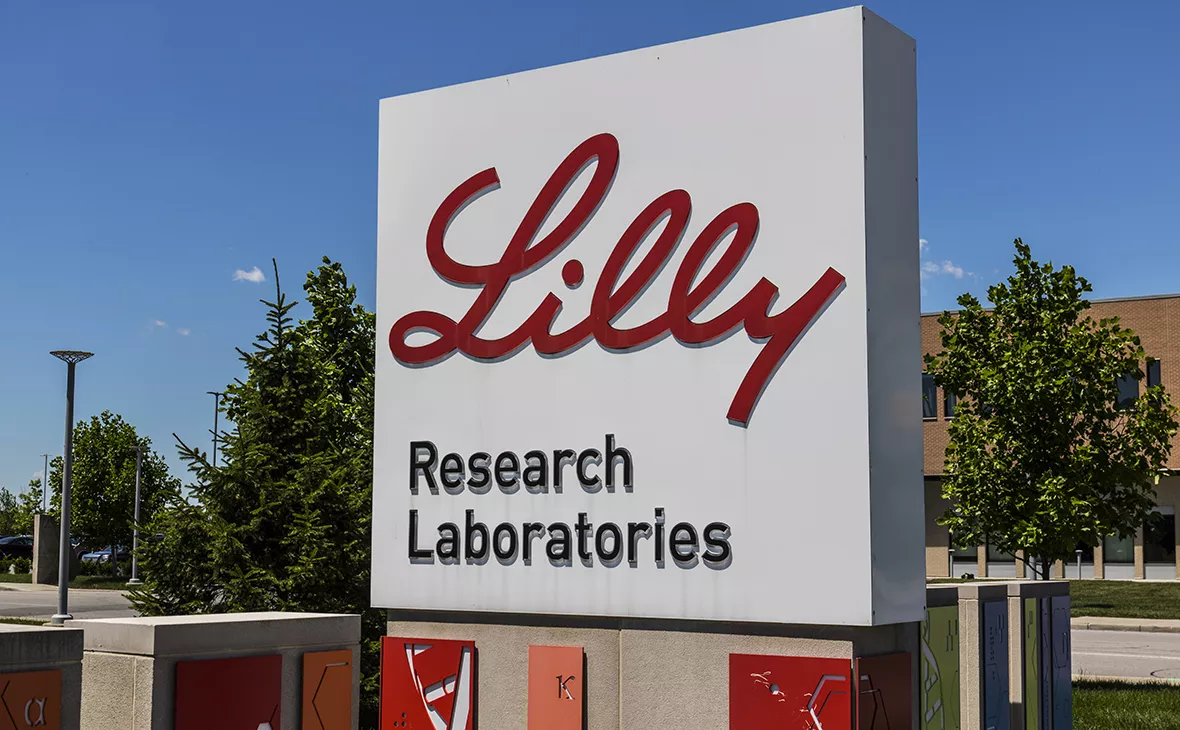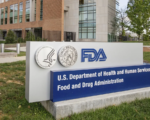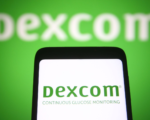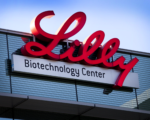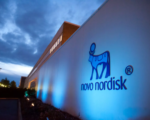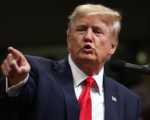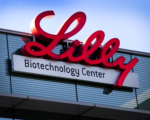China’s medical regulator has approved Eli Lilly’s Kisunla, an Alzheimer’s treatment for early-stage disease, offering patients an additional therapeutic option after the approval of Leqembi, developed by Eisai and Biogen, earlier this year. This marks China’s entry into a select group of major markets—including the United States, Japan, and the UK—where Kisunla is approved, Eli Lilly announced on Tuesday.
Kisunla, like Leqembi, targets the clearance of beta-amyloid, a protein linked to Alzheimer’s disease, from the brain. In a late-stage clinical trial, Kisunla demonstrated a 29% reduction in the progression of memory and cognitive decline compared to a placebo. However, the treatment carries safety concerns, with reports of brain swelling in nearly 25% of patients and brain bleeding in approximately 33%, though most cases were deemed mild.
In response to these risks, Kisunla’s U.S. prescribing label includes the FDA’s strongest “boxed” safety warning, similar to Leqembi’s label. Lilly has addressed concerns by introducing a gradual dosing schedule, which has been shown to reduce the likelihood of severe brain swelling.
A key distinction between Kisunla and Leqembi lies in their dosing approach. Kisunla offers finite dosing, allowing patients to discontinue the treatment once brain scans confirm the absence of amyloid plaques, whereas Leqembi does not.
Kisunla is currently under review by the European Union’s drug regulator. In contrast, Leqembi was rejected by the EU earlier this year due to concerns that the risks of brain swelling outweighed its modest benefits in slowing cognitive decline.
According to the World Health Organization, Alzheimer’s is the leading cause of dementia, accounting for 60%-70% of cases globally.


